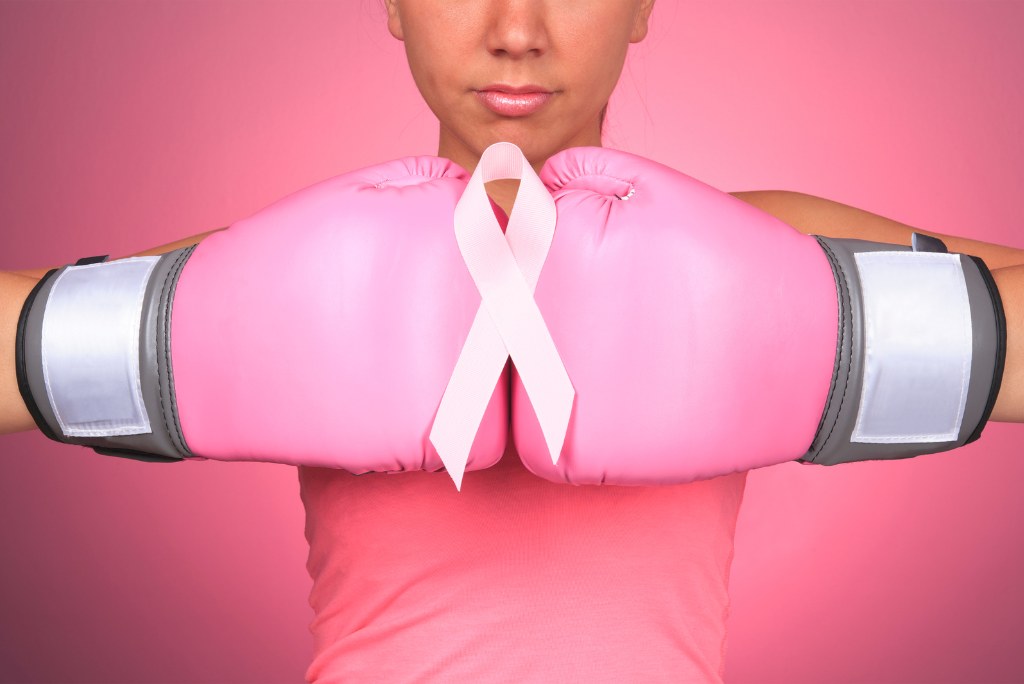Women’s Hormones and Breast cancer
Since the Women’s Health Initiative (WHI) came out in 2002, the media and even the medical field has shied away from hormone replacement for women.
Fortunately, that tide is turning as new studies, and even studies revisiting data from the WHI, are showing the safety and benefits of HRT.
The WHI investigators reported that women assigned to take only estrogen in fact had no increased risk of breast cancer. Women that still had a uterus were appropriately assigned progestin and estrogen (if taking estrogen, women must be on some form of progestin to protect their uterus from hyperplasia and cancer if they have a uterus). This was the group with a small increase risk of breast cancer.
This small increase is comparable to other established risk factors for breast cancer like obesity, drinking 5 alcoholic beverages weekly, hypertension, the list goes on!
The results and reporting of the WHI were flawed in many ways. One of the leading thoughts now is that the progestin (a synthetic version of progesterone derived from horse urine) is the cause of this very slight increase risk of breast cancer. A huge takeaway is to use natural, bioidentical micronized progesterone if you have a uterus and are starting estradiol.
Another flaw in this study on review years later showed that many women in the “control group” (the group that received no hormones during the study)- had in fact been on hormone replacement in years prior to the study! So this lowered the baseline risk of breast cancer from the average population. Not a true control group basically! So when the hormone replacement group is compared to these numbers, it is artificially a higher number.
A third flaw in this study was the average age of women studied were 63 years old. Most women start and develop menopause symptoms in their 40’s and 50’s. So starting hormone replacement at this age isn’t an ideal study model. Also, women of this age are more likely to get breast cancer in general then a younger woman, again skewing the numbers. 62 is the median age for breast cancer diagnosis.
Generally speaking, a woman’s lifetime risk of breast cancer is 12% or 1 in 8. This is high! But modern treatments and early detection have improved survival to well over 90% for most breast cancers. Every woman should have a proper assessment of her risk of breast cancer with a provider and undergo routine mammograms to detect early changes.

In a 2007 post hoc analysis (meaning scientists revisited the data from the WHI), the data showed that younger women that started HRT within 10 years of their last period had a reduction in CV, longevity (women lived 3.2 years longer), reduction of diabetes, colon cancer, improved quality of life, improved sleep, sexual function and bone health, improved cognition, and improvement in genitourinary symptoms of menopause. A lot of great reasons to be on HRT!
The culture of forcing women to endure all the symptoms that come with perimenopause, menopause and postmenopause is changing fortunately. More and more studies are also showing HRT decreases the chances of chronic diseases like dementia, heart disease and osteoporosis. Overall, women should have an in-depth, personalized conversation with their provider regarding the risks vs benefits of being on HRT.